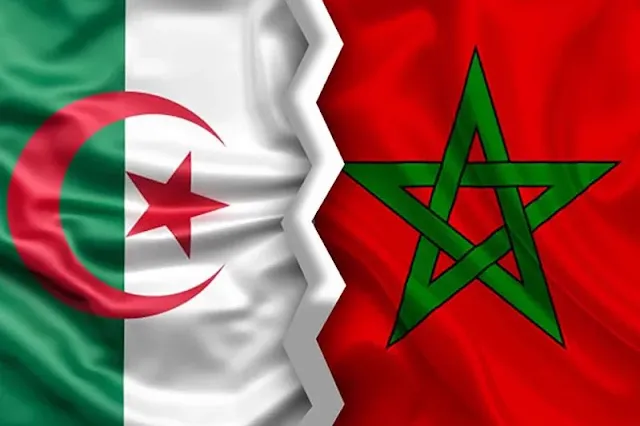The expulsion of Morocco’s Vice-Consul in Oran, Mohamed El-Soufyani, announced by the Algerian Ministry of Foreign Affairs, is yet another illustration of the threat posed by Moroccan consular representations in Algeria. This decision, justified by "suspicious acts" deemed incompatible with the mission of a consular office, strengthens the argument that maintaining Moroccan consulates after the 2021 diplomatic break was a strategic misstep.
Tangible Proof of Subversive Activities by Moroccan Consulates
Algeria had already warned of Morocco’s hostile actions, which led to the severance of diplomatic ties on August 24, 2021. However, allowing Moroccan consulates to remain open provided Rabat with operational bases on Algerian soil, enabling subversive activities under the guise of consular missions.
The statement from the Ministry of Foreign Affairs is unequivocal: the vice-consul’s conduct constitutes a violation of Algerian laws and international conventions, particularly the Vienna Convention on Consular Relations. This reinforces the belief that suspicions of espionage and interference linked to Moroccan consulates are not unfounded.
Expulsion Alone Is Not Enough: Moroccan Consulates Must Be Shut Down
While expelling the vice-consul is a necessary response, it remains insufficient as long as Moroccan consulates continue to operate. These representations are not mere administrative offices; they serve strategic purposes that are hostile to Algeria. The 2021 decision to cut diplomatic ties should have been accompanied by the immediate closure of these consulates to prevent any form of interference or harmful activities.
By keeping these structures in place, Algeria has allowed Morocco to retain a significant leverage point, which has manifested in activities that run counter to Algerian interests. The expulsion of the implicated diplomat is an implicit acknowledgment that these consulates do not fulfill their official role but instead act as covers for intelligence operations and destabilization efforts.
A Necessary Revision of Algeria’s Policy Towards Morocco?
This latest episode should prompt the Algerian authorities to reassess their stance and consider the permanent closure of Moroccan consulates in Algeria. This is not merely a diplomatic issue—it is a matter of national security.
The continued presence of these consulates represents a vulnerability that Morocco exploits to pursue its hostile maneuvers, including espionage, influence operations, and the facilitation of criminal networks, particularly those linked to drug trafficking. By keeping these offices open, Algeria finds itself in a paradoxical situation—severing ties with a state while still allowing it footholds on its territory.
Conclusion: The Need for Immediate Action
The expulsion of the Moroccan vice-consul in Oran is a strong signal, but it must be followed by decisive action: the closure of Moroccan consulates in Algeria. Algerian diplomacy can no longer afford to ignore this loophole, which undermines the country’s interests.
If Algeria is to truly assert its sovereignty and counter Morocco’s hostile actions, it must follow through on its logic and dismantle these platforms of interference. The case of Mohamed El-Soufyani is likely only the visible tip of a deeper problem—one that can only be resolved through firm and definitive action.
By Belgacem Merbah

Comments
Post a Comment